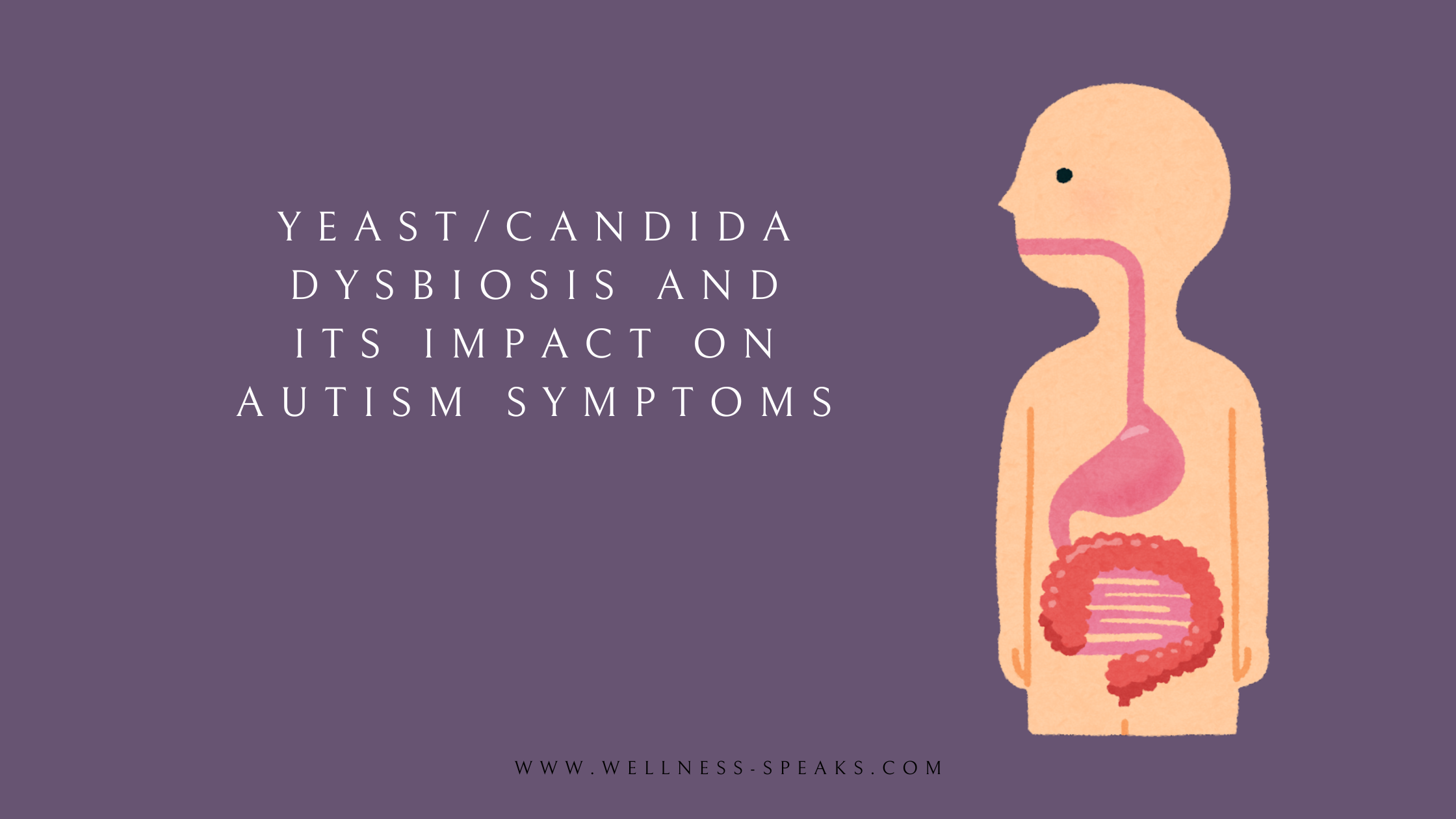Ongoing research has shed light on various biological and nutritional factors that may influence its development and progression of autism. Among these factors, oxytocin and cholesterol deficiencies have garnered significant attention.
Read MoreGlutathione, often dubbed the "master antioxidant," plays a crucial role in the body's detoxification processes and overall health. As an autism dietitian nutritionist, understanding the significance of glutathione is paramount, especially given its potential implications in managing autism spectrum disorder (ASD). This article delves into the science behind glutathione, its functions, relevance to autism, dietary sources, factors that deplete it, and the most effective forms of supplementation.
Read MoreCandida is a type of yeast that naturally resides in the human body, primarily in the gastrointestinal tract. Under normal circumstances, it coexists peacefully with other microorganisms, contributing to a healthy gut microbiome. However, factors such as antibiotic use, a diet high in sugar and refined carbohydrates, stress, and weakened immunity can disrupt the balance, leading to yeast overgrowth.
Read MoreThe cause of autism has been agreed by many to be multifactoral and much emerging research suggests a potential link between environmental factors and the development and severity of autism symptoms. One such environmental factor that has gained attention in recent years is mold exposure and the presence of mycotoxins in indoor environments.
Read MoreDetoxification, in its essence, refers to the process of eliminating toxins from the body. In the context of autism, it becomes crucial due to the observed links between environmental toxins and the exacerbation of autistic symptoms. These toxins can range from heavy metals like mercury and lead to pesticides, pollutants, and even certain food additives.
Read MoreAvoidant/Restrictive Food Intake Disorder (ARFID) is a relatively lesser-known eating disorder that can significantly impact an individual's quality of life. While ARFID can affect people of all ages, there is a notable association between ARFID and Autism Spectrum Disorder (ASD).
Read MoreIn recent years, the intricate relationship between genetics and neurodevelopmental disorders has gained considerable attention. One gene that has emerged as a potential player in the complex web of autism and Attention Deficit Hyperactivity Disorder (ADHD) is MTHFR. This gene, short for methylenetetrahydrofolate reductase, plays a crucial role in the methylation process, which is vital for various biochemical reactions in the body.
Read MoreWhile the exact causes of autism remain elusive, emerging research suggests a potential connection between mitochondrial dysfunction and the development of autism. Mitochondria, often referred to as the powerhouses of the cell, play a crucial role in energy production and cellular function.
Read MoreThe significance of neurotransmitters such as serotonin, dopamine, GABA, glycine, taurine, glutamate, histamine, 5-HTP, and oxytocin in autism and ADHD is a key factor in understanding these conditions. Diet and specific nutrients, such as B vitamins, act as precursors in producing these neurotransmitters in the gut. Urine neurotransmitter panel testing can be very useful in determining the specific nutritional needs of these children.
Read MoreScientific breakthroughs have shed light on the intricate relationship between our gut microbiome and brain health. Probiotics can play a major role in improving digestive health and the gut microbiome. This in turn has great benefit on brain health, cognition and behaviors in children with autism and ADHD.
Read MoreWhile conventional medicine offers valuable insights into these conditions, the rapidly evolving field of functional medicine testing has provided us with a deeper understanding of the intricate connections between gut health, nutrient deficiencies, heavy metal toxicity, and food sensitivities in these children.
Read More










